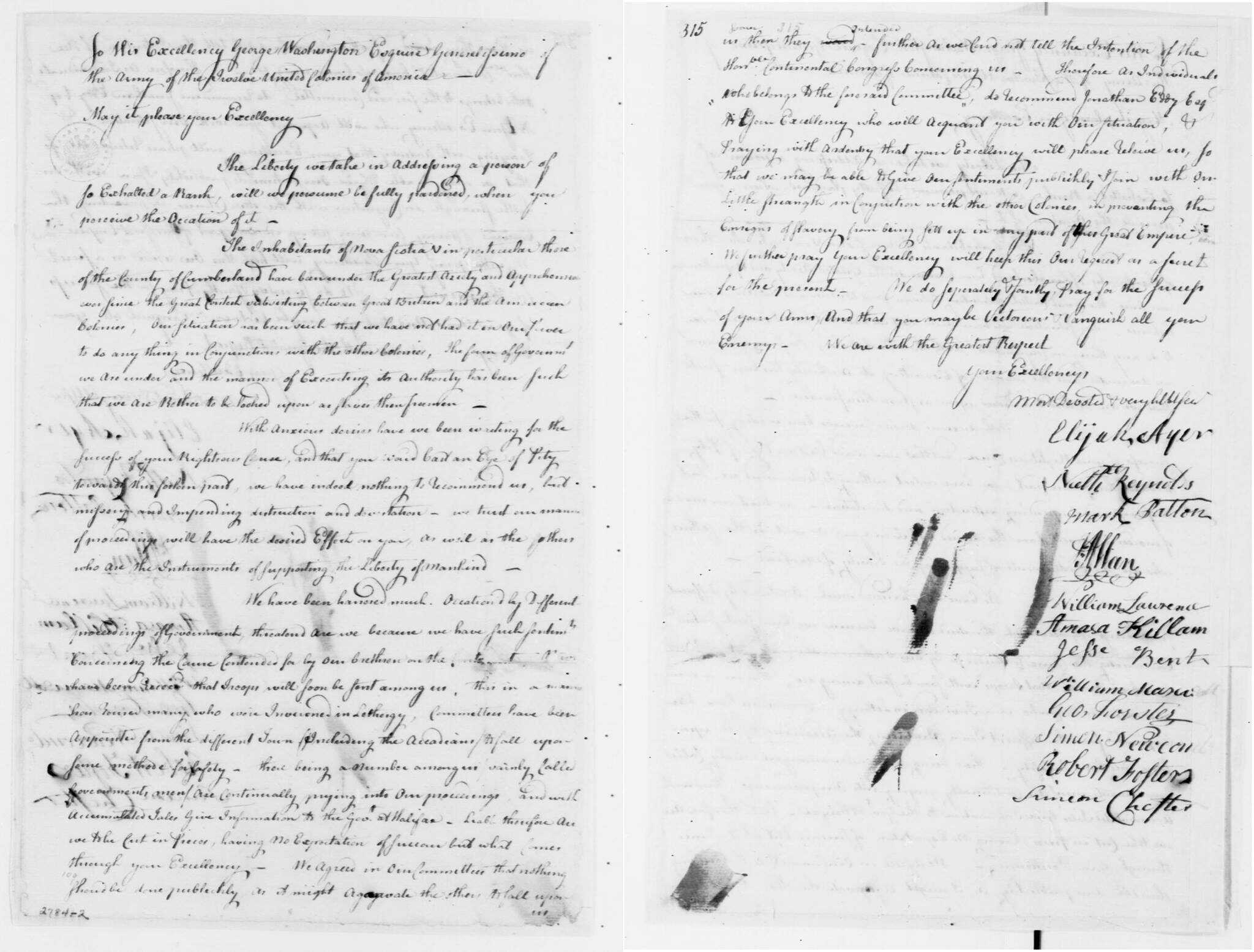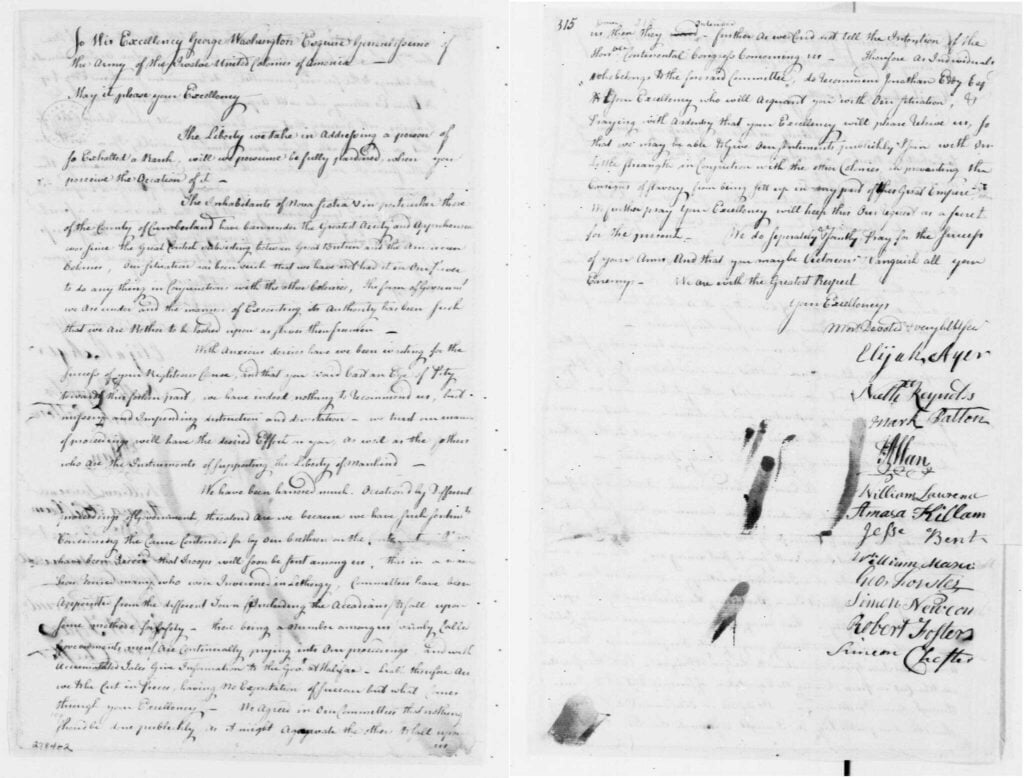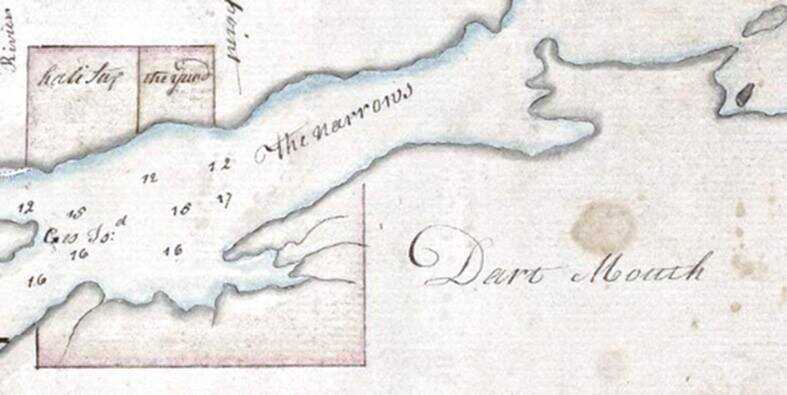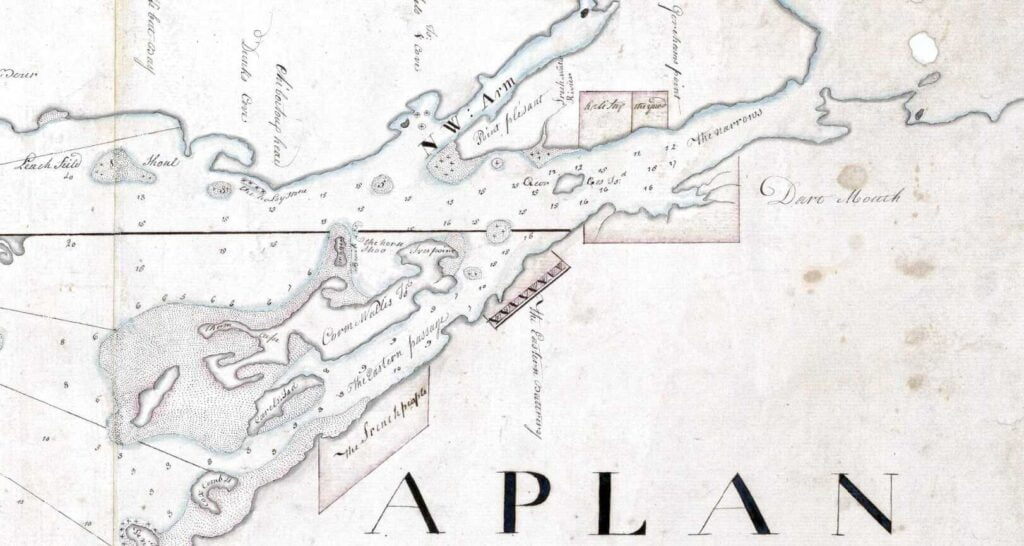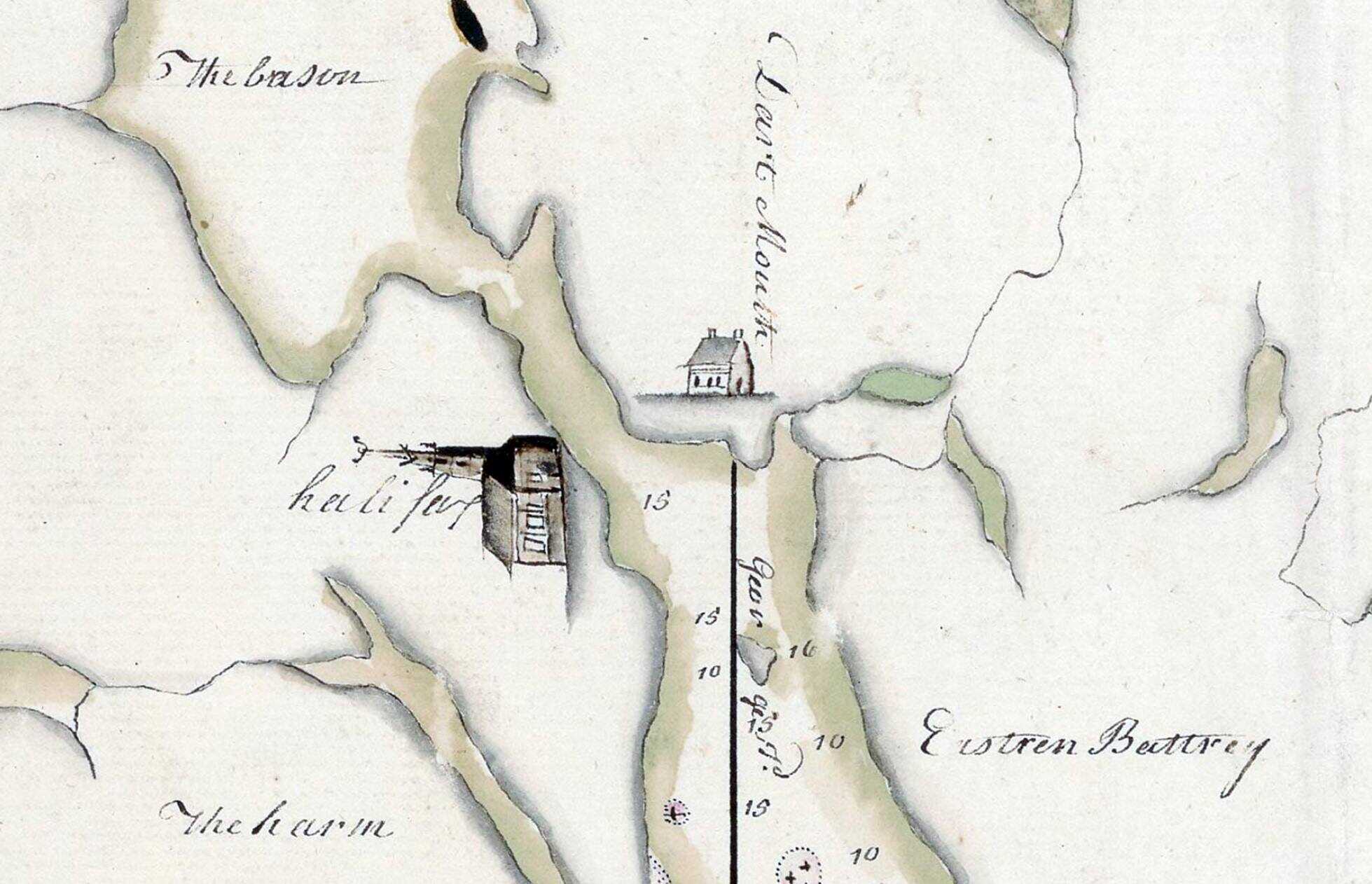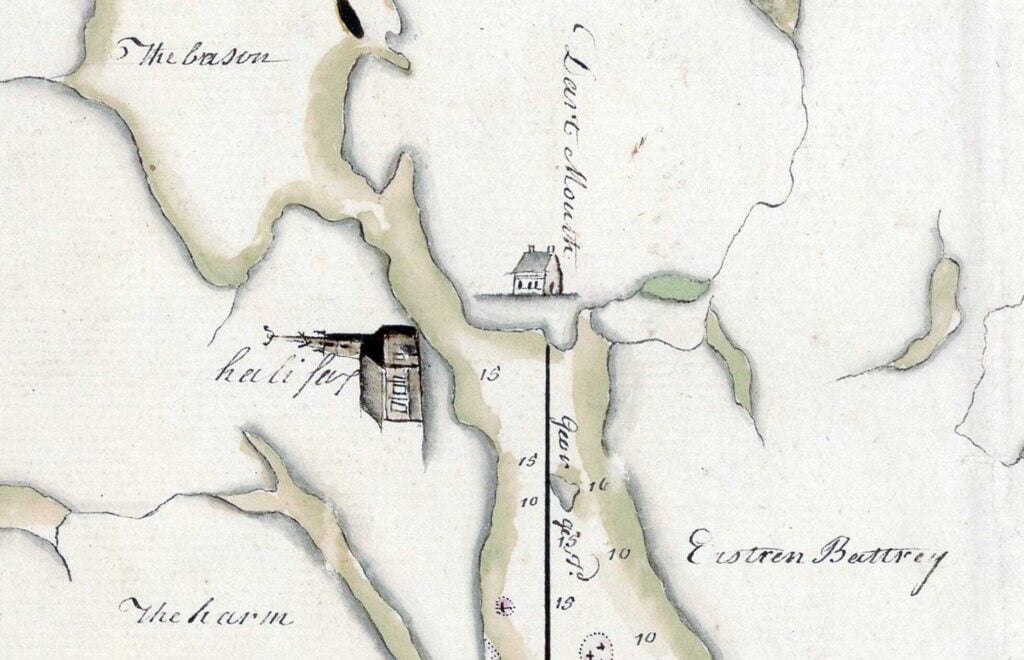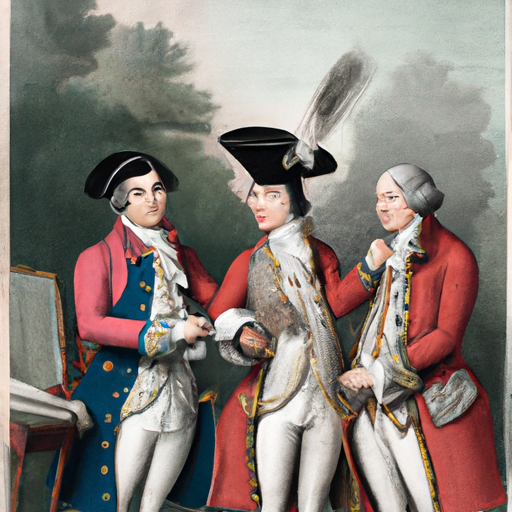“Sir: It is not easy for me to determine whether it be best, to carry the Cause before the Governor and Council as a Court of Chancery or before the King and Council—because, I dont know enough of the Character and Sentiments of the Governor and Council. They may be all Episcopalians, and so much prejudiced, as to render an Application to them, fruitless.
(This cause was Gannett’s claim to five hundred acres granted to him as the first settled minister for the Congregationalists gathered around Fort Cumberland. New Englanders had gone to Nova Scotia with the understanding that dissenters would be treated as equals even though the Anglican Church was the established one. Called to serve the parish in 1768 and given his land as provided by law, Gannett had expected to stay. But the arrival of a Church of England missionary, who laid claim to the land on threat of a lawsuit, and the decline in the number of parishioners served by Gannett caused him to return to Massachusetts in 1771. As the first minister, Gannett thought he had a right to the land now claimed by his rival (same, p. 393; “Sketch of the Life and Character of Caleb Gannett, Esq.,” MHS, Colls., 2d ser., 8 [1826]: 282–284).)
Nor am I able to say, whether, the Cause can be carried before the King in Council; because I dont know what Provision, is made concerning Appeals, by the Constitution of that Province: but if it can be carried home at all, I suppose it may, even after a Decree against you by the Governor and Council.
If there is an Appeal, Home, either after a Decree in Chancery or before, it must be conducted in this Manner. Application must be made to some able Lawyer in Hallifax, and I suppose there is none there Superior to Mr. Prentors. The whole Case must be copied in the respective offices, and every Copy attested by the proper officer, and authenticated under the Province Seal. The Copies thus authenticated should be, transmitted together with a minute State of the whole Case drawn by your Lawyer at Hallifax, to some Friend or Agent, some Attorney in England, who must engage Council there to conduct the Cause. Mr. Dunning, and the Attorney and Solicitor General, any one, or two of the Three should be retained.
As to the Merits of the Cause, I am very clear, the Presbyterian Ministers, are Ministers within the Meaning of the Nova Scotia Law, as much as Episcopalians, and therefore that Mr. Gannett was the first Minister, and undoubtedly intitled to the Lands.
Neither Soliciting or receiving Money, from the People of Cumberland, or other Towns in the Province, would be maintenance. It might be deemed Maintenance, in those who gave the Money for what I know, and therefore, it would be best to have that Matter conducted with, Caution Prudence, and Secrecy. What Effects a Party Spirit may produce in Hallifax, concerning this Cause, I dont know, but in such a public, common Cause here, there would be no Difficulty. There have been many Instances, of private Contributions to carry on Causes: Altho it is not in general Causes laudable or allowable.
I am sir your humble servant, John Adams“
“From John Adams to the Reverend Caleb Gannett, 1 April 1775,” Founders Online, National Archives, https://founders.archives.gov/documents/Adams/06-02-02-0085

